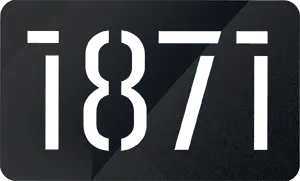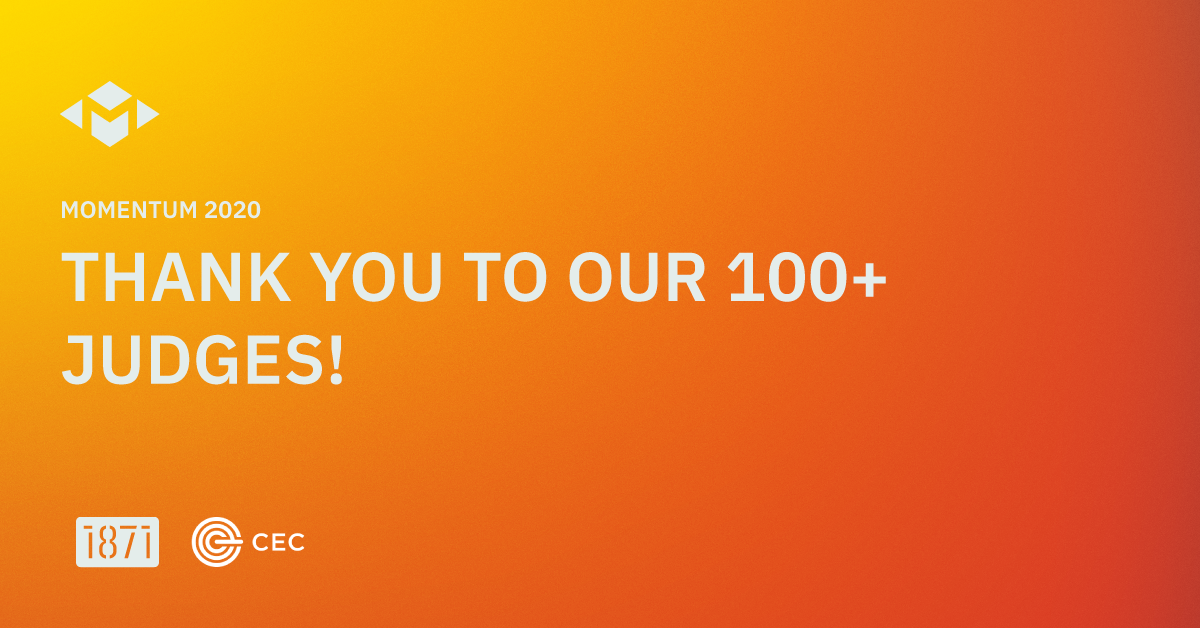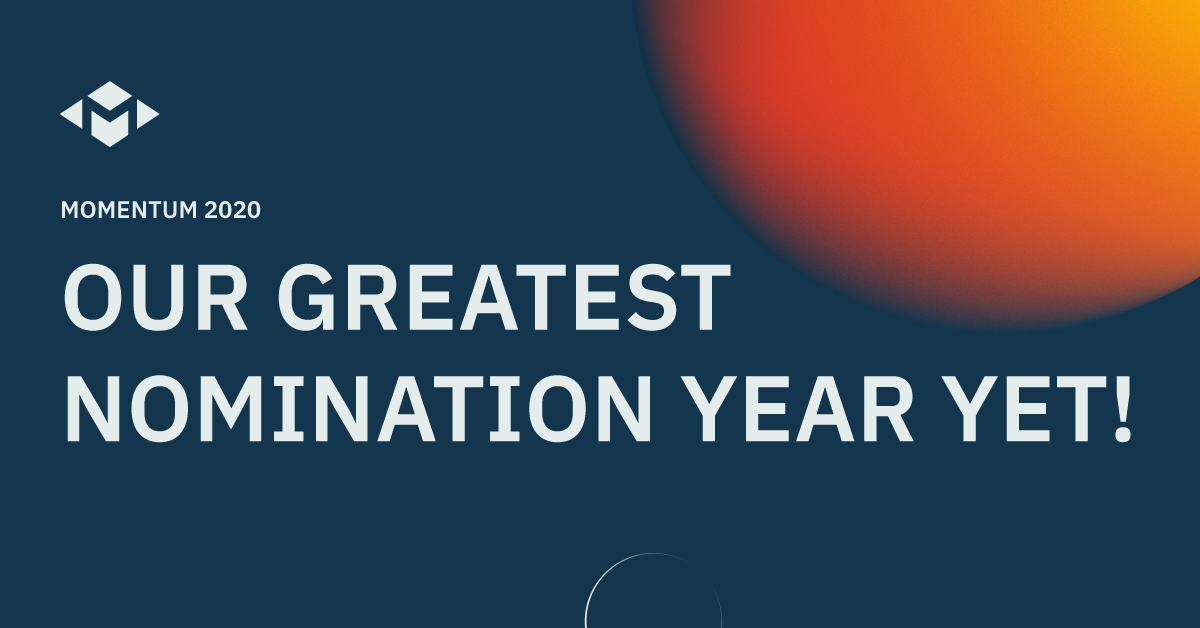The ad tech world is committed to diving deep on topics related to the industry. If it has to do with building a better tech stack or smarter media buying, an avalanche of discussion ensues. But the swell of conversation has often stalled when shifting the conversation to diversity and acknowledging the industry’s lack thereof.
The issue resurged several weeks ago following the killings of George Floyd, Breonna Taylor and Ahmaud Arbery. These underlined how racial inequality persists in America. The far reach of that inequality takes many shapes. One longstanding manifestation where employers (knowingly or unknowingly) contribute to inequality is through hiring. This is particularly visible in advertising and ad tech.
The industry has been aware of the issue. A 2018 diversity report from McKinsey noted a direct correlation between diversity in leadership and profitability. The same report found that ‘companies in the top quartile of ethnic and cultural diversity on executive teams were 33% more likely to have industry-leading profitability’.
Despite insights supporting the hiring and retention of diverse leadership, the ANA’s Alliance for Inclusive and Multicultural Marketing 2019 report found no lift in YOY hiring of Black, Hispanic or Asian CMOs or CMO-equivalents.
The lack of progress suggests that most organizational leaders need to start at the beginning when tackling racial diversity and the hiring of other professionals with marginalized identities.
Having been at the same ad tech company for a decade, one built on principles that create a welcoming work environment, I’m well aware of the challenges. We’ve lacked diversity since our establishment, and that’s after revising hiring practices and rolling out internal and external diversity and inclusion efforts over a year ago. Some change has occurred, but we need more substantial results.
In the last several weeks, D&I efforts have accelerated. We established measurable, time-sensitive diversity goals, notably focused on recruitment and internal education. But newfound enthusiasm alone can’t guarantee change.
Much of the responsibility falls on leadership, but I’ve also recognized my role in ensuring that my employer’s commitments are upheld. Besides inquiring internally to learn about company processes and how to be a part of it, here are insights from my time focused on diversity initiatives. They were my starting place as I sought to be a part of the path to progress.
Reach Out to the Industry
The issue of workplace diversity and inclusion doesn’t end with your organization. Hearing from other industry voices that actively focus on Diversity and Inclusion can help your education, improve the way you engage with your team and enable you to pass back insights to your employer. This is especially important for tenured leaders who may lack diversity and inclusion expertise. A lot of industry organizations and companies are making resources and content available including the Interactive Advertising Bureau, the 4As, the American Advertising Federation, and Google.
Employees, Hold Your Leaders Accountable
Broad value statements are meaningless unless executive leaders are accountable for establishing goals and seeing them through. If your employer has communicated that they plan to act, ask for specifics. What quantifiable goals is it planning to achieve and when does it expect to achieve them by? It’s equally important to receive progress updates. If the details seem hazy or there aren’t updates, then follow up.
Leaders, Hold Yourself Accountable
Leaders who manage employees should do a pulse check on what they’re doing to not only educate themselves but understand what diversity goals they’ll be accountable for. Benchmarks should be communicated to the teams they oversee so transparency exists at all levels.
Executive leadership can also publicly verbalize what they’re holding themselves accountable to. Many D&I specialists suggest presenting goals that are SMART (Smart, Measurable, Achievable, Relevant and Time-Based). Regular updates on pacing against those goals should be communicated across the company.
It’s Not All for You to Take On
While involvement in workplace D&I efforts may be a personal goal for some employees, calibrate for a commitment level that is manageable. Overcommitment by exuberant employees won’t solve these longstanding systemic issues overnight. Even if an employer is willing to accept employee help, employees should neither be overextending themselves nor solving problems they aren’t equipped to tackle. Some work demands the hiring of external resources and enthusiastic employees can’t substitute for trained expertise.
Ad tech employers must actively accept their personal responsibility in tackling the inequality that remains so visible in our industry. These efforts have enabled me to reflect on longstanding industry norms that should have never been normalized.
As this recent series of tragedies slowly dissipates from the headlines, the work towards achieving a more equitable industry remains. I stand by my employer as it progresses towards our long-term commitments and will question it swiftly if it falters. The moment for substantial and sustainable change in ad tech is now.
Originally pushed on AW360 — https://www.advertisingweek360.com/diversity-the-kpi-that-ad-tech-forgot-to-measure/





